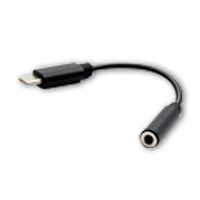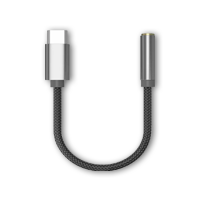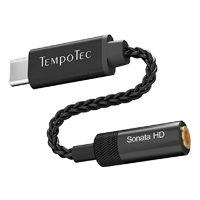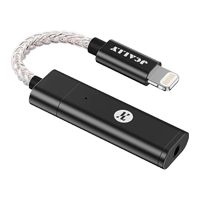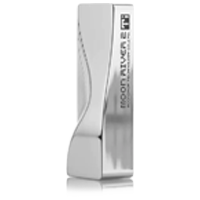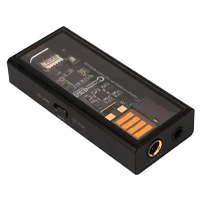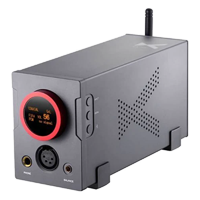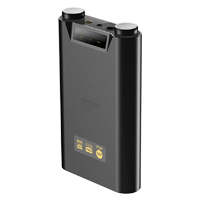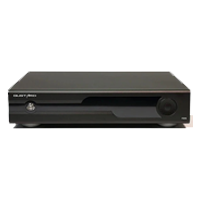1. What is a DAC?
- A DAC, or Digital-to-Analog Converter, is a device that converts digital audio signals into analog signals for playback through speakers or headphones. It's essential for improving audio quality by converting digital files into sound waves.
2. Why do I need a DAC?
- If you're looking to enhance the audio quality of your digital music collection, a DAC can significantly improve sound fidelity. It bypasses the often lower-quality built-in DACs found in computers, smartphones, or other devices, providing clearer and more accurate sound reproduction.
3. What is an amp, and how does it differ from a DAC?
- An amp, short for amplifier, is a device that increases the power of a signal. While a DAC converts digital audio signals to analog, an amp amplifies those analog signals to drive speakers or headphones with sufficient power for optimal sound quality and volume.
4. Do I need both a DAC and an amp?
- It depends on your setup and requirements. If you're experiencing poor audio quality from your digital files or need more power to drive your headphones or speakers adequately, both a DAC and an amp can be beneficial. Some devices integrate both functions into a single unit, known as DAC/Amp combos.
5. How do I connect a DAC and amp to my audio system?
- DACs and amps typically connect to your audio source, such as a computer or smartphone, via USB, optical, or coaxial cables for digital audio signals. Analog connections, like RCA or 3.5mm headphone jacks, are used to connect amps to speakers or headphones.
6. Can I use a DAC/amp with my mobile device?
- Yes, many DACs and amps are designed to be portable and can be used with smartphones or tablets via USB or other connections. This setup can significantly improve the audio quality of your mobile device, especially when paired with high-quality headphones or speakers.
7. What should I consider when choosing a DAC or amp?
- Factors to consider include audio quality, compatibility with your devices, connectivity options, portability (if needed), power output (for amps), and your budget. Additionally, reading reviews and seeking recommendations can help narrow down your choices.
8. Can I use a DAC and amp with my existing audio equipment?
- Yes, DACs and amps are compatible with most audio systems, including headphones, speakers, and home theater setups. They can enhance the performance of your existing equipment by providing cleaner audio signals and more power for improved sound quality.
9. Are there any benefits to upgrading to a higher-end DAC or amp?
- Higher-end DACs and amps often offer superior audio quality, better build quality, more features, and enhanced compatibility with a wider range of audio sources and devices. While they may come at a higher price, the improvements in sound reproduction can be well worth the investment for audiophiles and enthusiasts.
10. What are best selles in DAC and AMP ?
- Top sellers in DACs and AMPs vary based on preferences, but popular choices include
Questyle - M15 Portable DAC & Amp,Venture Electronics - Abigail Pro CX31993 Type C to 3.5mm DAC Dongle,KZ - AM01 Portable DAC & Amp,JCALLY - JM7 Portable DAC Dongle,SHANLING - UA1 Plus Portable DAC & Amp,HiBy - FC6 USB Headphone R2R DAC & Amp
11. What are the two main categories of DACs and amplifiers, and what are some examples of brands representing each category?
- DACs and amplifiers come in two primary categories: Portable Amps & DACs and Desktop Amps & DACs. Portable options, exemplified by brands like Jcally, Audiocular, Shanling and Hidizs, offer compact solutions for on-the-go audiophiles, ensuring high-quality sound wherever they are. Meanwhile, Desktop DACs and Amps from brands like Gustard and Questlyle focus on delivering top-tier audio quality in a stationary setup, with advanced features and connectivity options.

